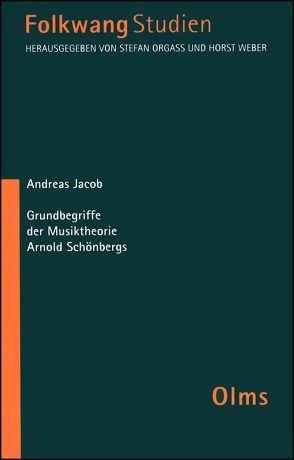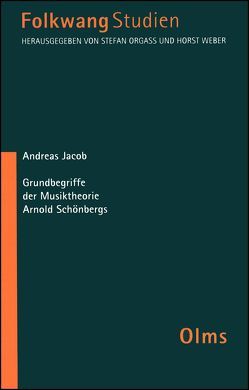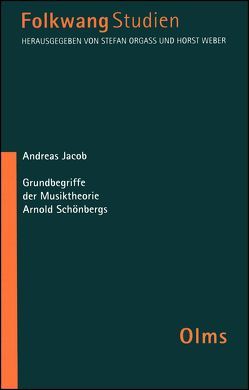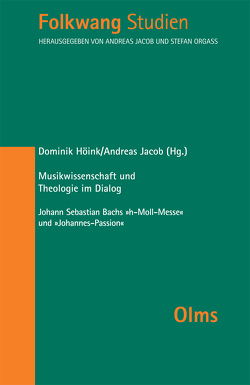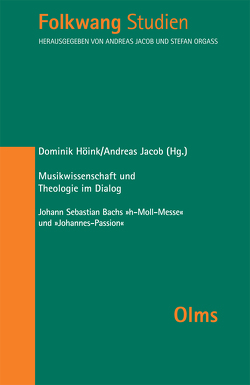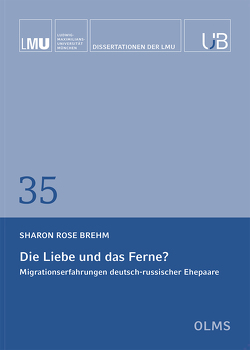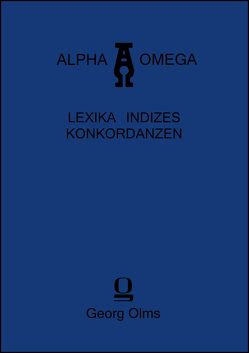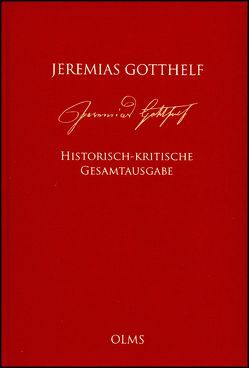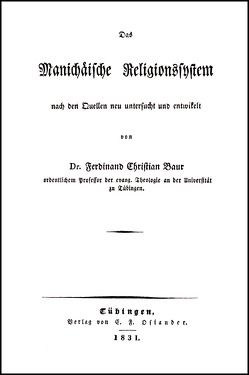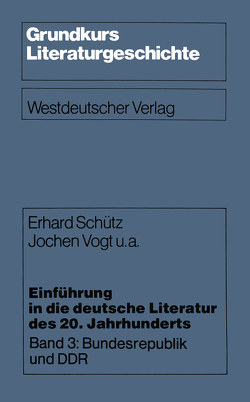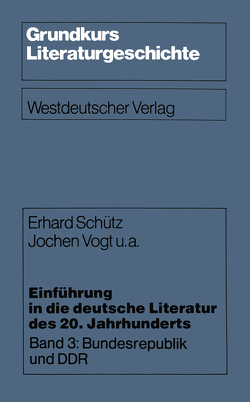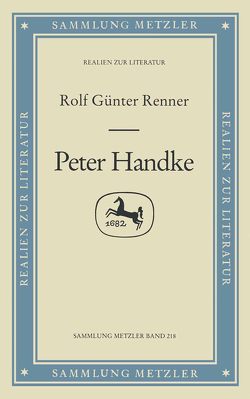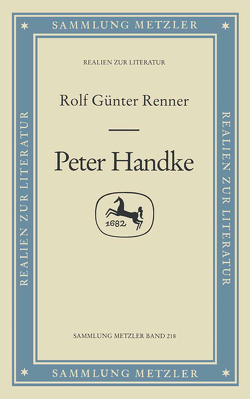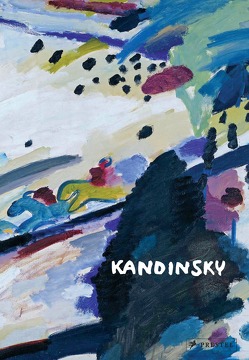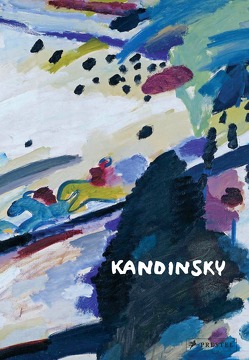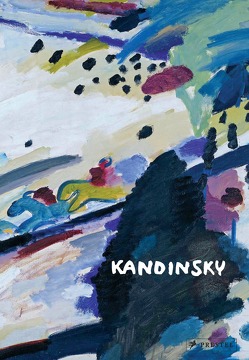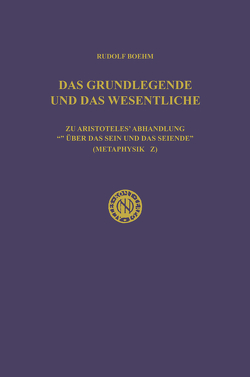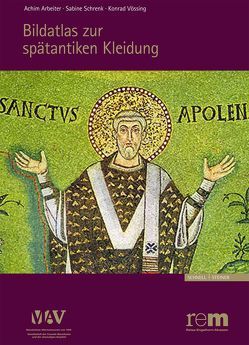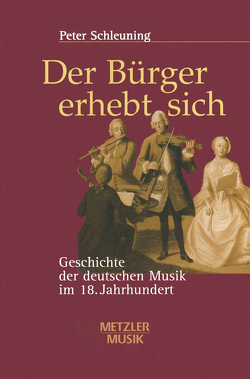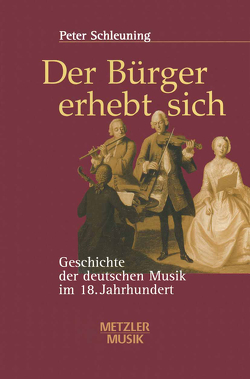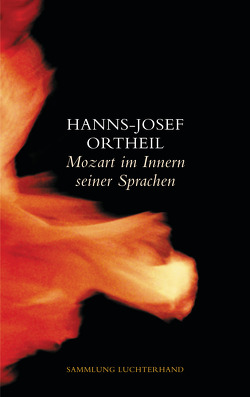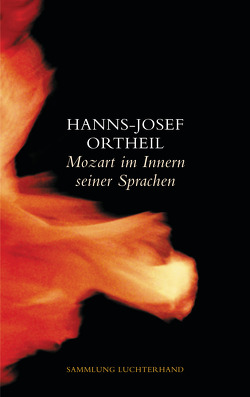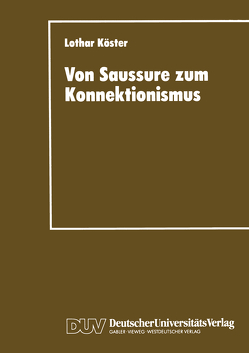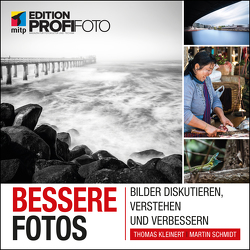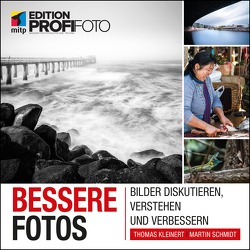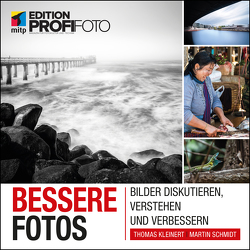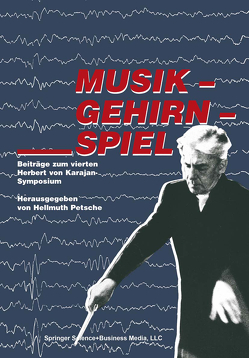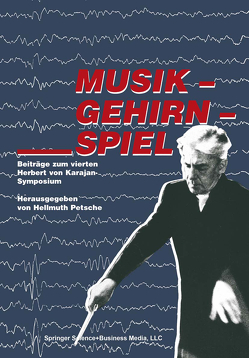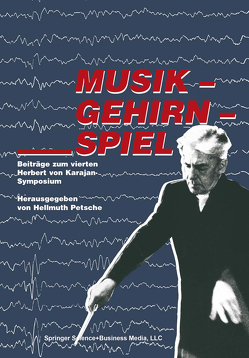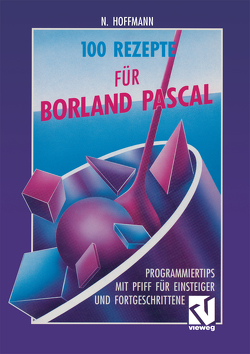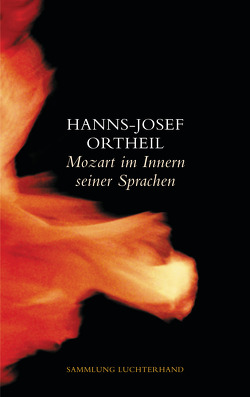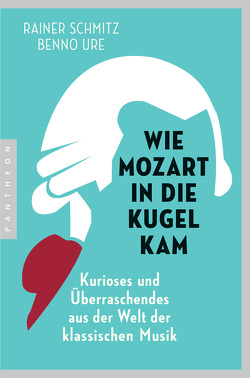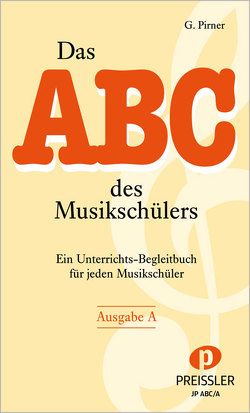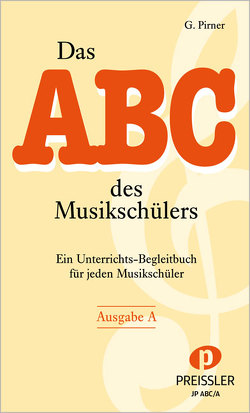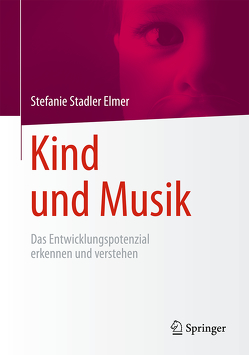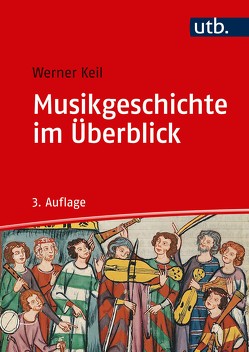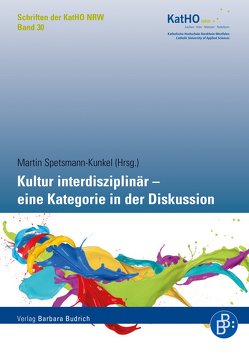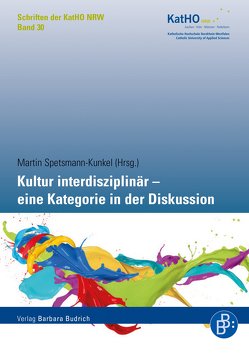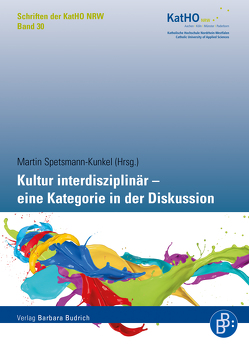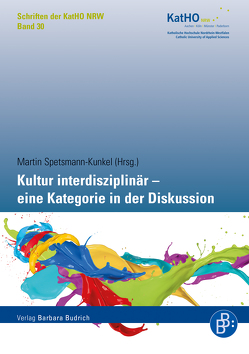Grundbegriffe der Musiktheorie Arnold Schönbergs
Andreas Jacob
Der Einfluss Arnold Schönbergs auf die Veränderung der Kompositionsgeschichte und des Denkens über Musik im 20. Jahrhundert kann schwerlich überschätzt werden. Während jedoch sein kompositorisches Werk in vielfältiger Hinsicht erforscht wurde, stand eine ähnlich erschöpfende Beschäftigung mit Schönbergs Musiktheorie bislang aus. Dies liegt daran, dass bis heute keine kritische Gesamtausgabe von Schönbergs Schriften vorliegt, die es ermöglichte, eine Genealogie seines theoretischen Denkens zu entwerfen.
Dieses Desiderat füllt die hier vorgelegte Arbeit. Auf der Grundlage einer umfassenden Sichtung der Schriften, insbesondere des bislang unveröffentlichten Nachlasses, werden grundlegende musiktheoretische Konzeptionen und Begrifflichkeiten Schönbergs in ihrer Genese nachgezeichnet. Konstanten innerhalb seiner Mu- siktheorie werden dabei ebenso sichtbar wie Entwicklungstendenzen. Um die Quellenbasis für diese Untersuchungen zugänglich zu machen, findet sich im zweiten Teilband der Arbeit eine ausführliche Samm¬lung bis dato unpublizierter relevanter Dokumente.
***
Arnold Schönberg’s influence on the history of composition and 20th century music theory cannot possibly be overestimated. But although his compositions have been thoroughly analysed, Schönberg’s music theory has not been equally examined yet. This is due to the fact that no critical complete edition of Schönberg’s theoretical works has been available to this day, which could have served as a basis for a genealogy of his theories.
This demand is met by this study. On the basis of a comprehensive review of his theoretical works with the main focus on unpublished documents, it explains the genesis of his essential music-theoretical concepts and notions. It demonstrates consistent as well as developing elements of his music theory. The second part of the study provides an extensive list of unpublished sources.
***
„The book in question here, Andreas Jacob’s two-volume overview of the theoretical issues at hand in Schoenberg’s thought, must be considered the leading edge of theoretical work untertaken on Schoenberg’s manuscripts. It will prove requisite for any scholar (from any quarter of the world) with an interest in Schoenberg’s theories and their manuscript legacy. Indeed the importance of Schoenberg’s thought to modern music theory makes this a ‚must have‘ for scholars and institutions with a research interest in twentieth-century theoretical thought in general.“ (Murray Dineen, Intersection. Canadian Journal of Music 26.1/2005)
